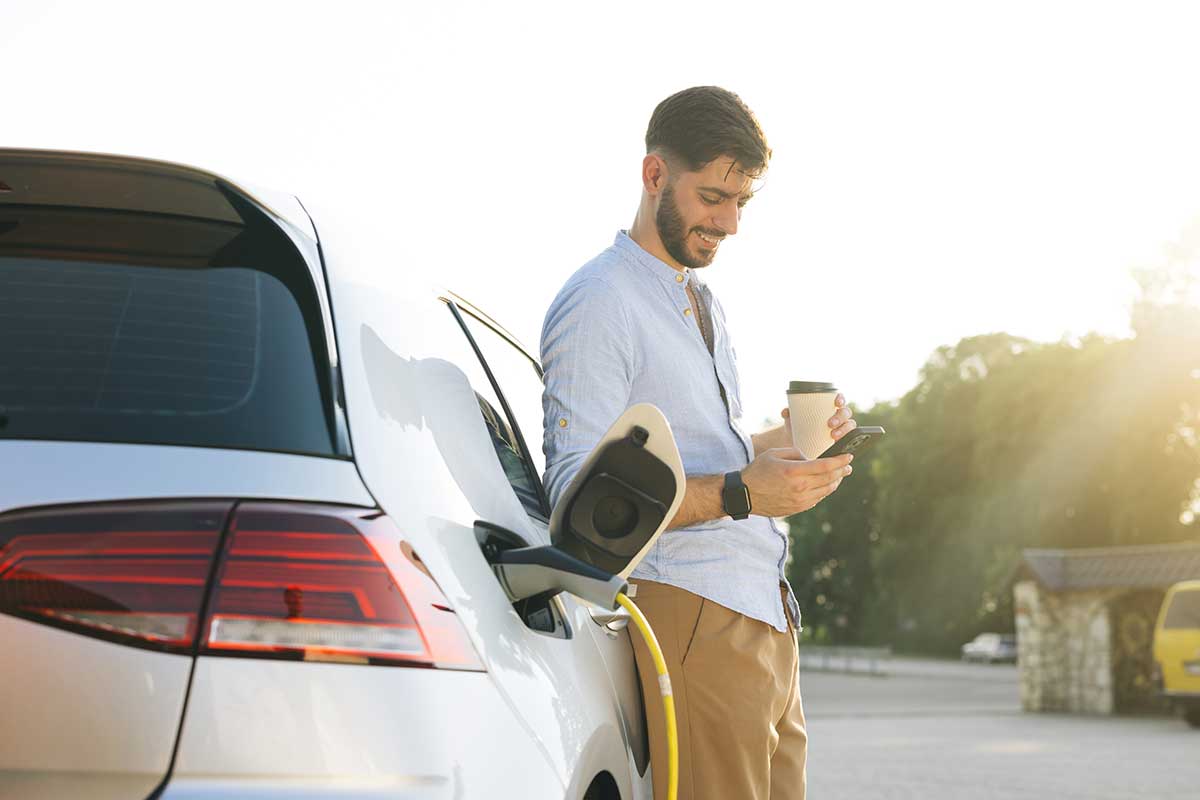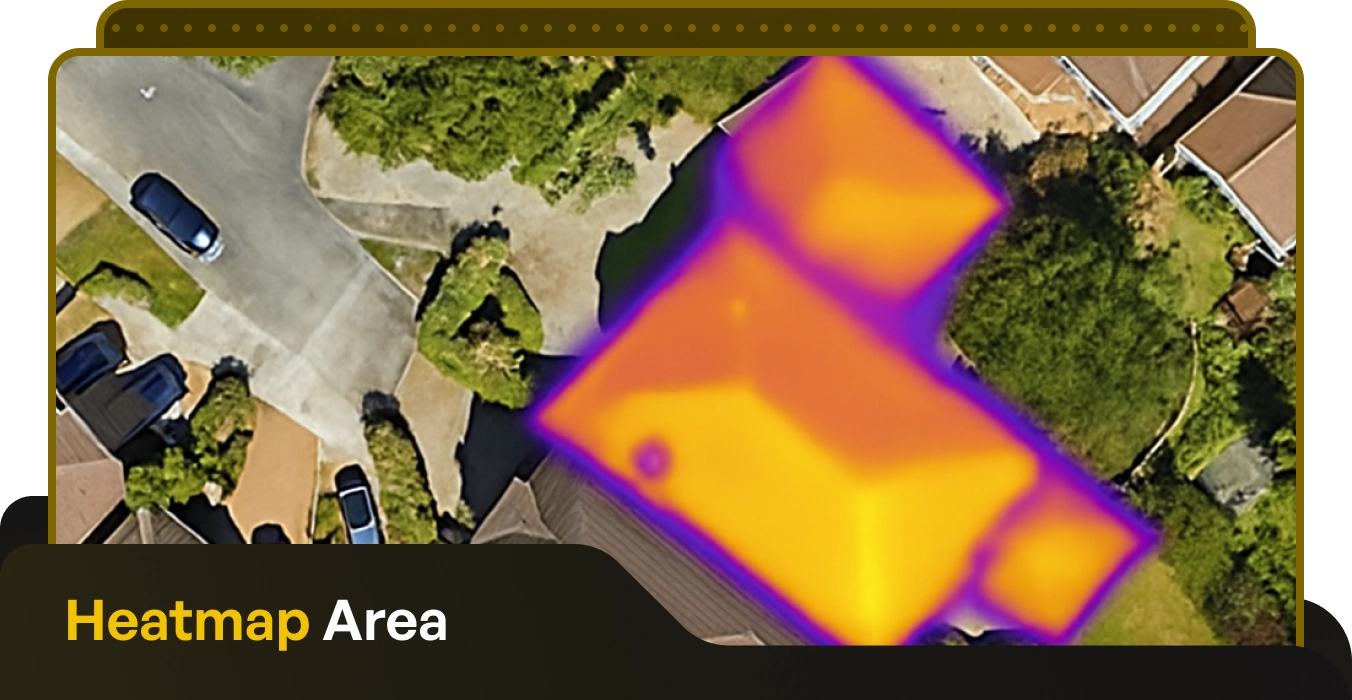New Strategy for Delivering EV Charging Network Across Ireland
The government is seeking public input on a new draft plan to accelerate the rollout of electric vehicle charging infrastructure in local areas.
The Regional and Local EV Charging Network Plan will be focused on building out public charging stations in cities towns and villages around the country.
The government is now inviting everyone to have their say on the first draft of the plan, with a revised plan to be published in late 2024 based on public feedback.
The Regional and Local EV Charging Network Plan has been developed in consultation with city and county councils which have given their input on the infrastructure targets required for each county and city.
It aims to go beyond just having charging points along the main arteries of Ireland’s road network and supporting home charging, but to build out destination and neighbourhood charging points.
Nationwide EV Charging Capacity
James Dorrian, Managing Director of EnergyEfficiency.ie said, “Having EV charging stations on the national road network is a great step forward for making electric cars more convenient for long journeys, but we also need to fill out the many areas stretching outside that network.
“To make electric cars more viable for people travelling and working in our towns and cities, and for the many residential areas where off-street parking isn’t available for home charging, requires a large investment.”
James Dorrian emphasised the urgency of getting EV charging infrastructure in place in order to make electric cars and other EVs more viable and convenient.
“The two go hand in hand. You can’t push for people to switch to electric cars en masse if there aren’t enough charging stations where people need and when they need them available.”
“Changing cars is a decision which will last for years for the majority of people. It’s no good to say to someone looking at getting a new car in 2024 that this infrastructure is going to be in place in a few years.”

Regional & Local Targets
Destination charging refers to having charging stations at or around destinations in towns and cities. This means making it easier for people to have their electric cars charging while shopping, conducting business, or engaging in leisure activities.
Neighbourhood charging is about having a large number of charging stations available in residential areas where people don’t have easy access to off-street parking where home charging is easiest.
To meet the requirements for EV numbers Ireland is hoping to achieve as part of its climate goals, this would require 169,253kW worth of charging output in neighbourhoods and at destinations around the country by 2025, and for this to grow to 562,244 kW by 2030.
| County/Area | 2025 EV Charging Target | 2030 EV Charging Target |
|---|---|---|
| Donegal | 5,724kW | 18,716kW |
| Sligo | 2,412kW | 8,019kW |
| Mayo | 6,437kW | 21,465kW |
| Galway County | 5,006kW | 16,271kW |
| Galway City | 2,797kW | 9,327kW |
| Clare | 4,535kW | 14,888kW |
| Limerick City/County | 6,780kW | 22,276kW |
| Cork County | 12,454kW | 40,955kW |
| Cork City | 8,083kW | 26,581kW |
| Kerry | 5,691kW | 18,647kW |
| Cavan | 2,840kW | 9,239kW |
| Leitrim | 1,283kW | 4,166kW |
| Monaghan | 2,299kW | 7,428 |
| Offaly | 2,794kW | 9,094kW |
| Laois | 2,755kW | 9,048kW |
| Longford | 1,457kW | 4,736kW |
| Roscommon | 2,449kW | 7,616kW |
| Westmeath | 3,378kW | 11,247kW |
| Fingal | 9,146kW | 31,186kW |
| Dun-Laoghaire Rathdown | 7,042kW | 24,014kW |
| Dublin City | 17,403kW | 59,345kW |
| South Dublin | 8,704kW | 29,681kW |
| Kildare | 8,422kW | 28,268kW |
| Wicklow | 5,268kW | 17,680kW |
| Meath | 7,306kW | 24,476kW |
| Louth | 4,203kW | 13,755kW |
| Tipperary | 6,311kW | 20,680kW |
| Kilkenny | 3,552kW | 11,658kW |
| Waterford | 4,360kW | 14,329kW |
| Wexford | 6,069kW | 19,929kW |
| Carlow | 2,294kW | 7,526kW |
Local Authority Led Plan
The counties have been divided into seven regions to ensure that there is a cohesive and standardised approach to developing a charging network, which will be led by the local authorities.
Galway City, Cork City, and Limerick City/County have also been put into their own areas,
This is completely independent of the provision of EV charging capacity on or near the Motorway, Ten-T, and National road network.
“The Regional and Local EV Charging Network Plan provides a path for the accelerated delivery of regional and local networks of public electric vehicle charging infrastructure in cities, towns and villages across Ireland.”
“In line with both national and European ambitions for clean transportation, it ensures a cohesive and standardised approach.”
“This will be led by local authorities working together to develop regional strategies that promote a unified and efficient rollout of charging infrastructure, and facilitate the nationwide integration of EVs.”
A public consultation on the draft Regional and Local EV Charging Network Plan is now open and will run until 1pm on July 19, 2024.
New Strategy for Delivering EV Charging Network Across Ireland
Published: May 28, 2024
Last updated: October 9, 2025

Written by: Briain Kelly
Reading time: 2mins
The government is seeking public input on a new draft plan to accelerate the rollout of electric vehicle charging infrastructure in local areas.
The Regional and Local EV Charging Network Plan will be focused on building out public charging stations in cities towns and villages around the country.
The government is now inviting everyone to have their say on the first draft of the plan, with a revised plan to be published in late 2024 based on public feedback.
The Regional and Local EV Charging Network Plan has been developed in consultation with city and county councils which have given their input on the infrastructure targets required for each county and city.
It aims to go beyond just having charging points along the main arteries of Ireland’s road network and supporting home charging, but to build out destination and neighbourhood charging points.
Nationwide EV Charging Capacity
James Dorrian, Managing Director of EnergyEfficiency.ie said, “Having EV charging stations on the national road network is a great step forward for making electric cars more convenient for long journeys, but we also need to fill out the many areas stretching outside that network.
“To make electric cars more viable for people travelling and working in our towns and cities, and for the many residential areas where off-street parking isn’t available for home charging, requires a large investment.”
James Dorrian emphasised the urgency of getting EV charging infrastructure in place in order to make electric cars and other EVs more viable and convenient.
“The two go hand in hand. You can’t push for people to switch to electric cars en masse if there aren’t enough charging stations where people need and when they need them available.”
“Changing cars is a decision which will last for years for the majority of people. It’s no good to say to someone looking at getting a new car in 2024 that this infrastructure is going to be in place in a few years.”

Regional & Local Targets
Destination charging refers to having charging stations at or around destinations in towns and cities. This means making it easier for people to have their electric cars charging while shopping, conducting business, or engaging in leisure activities.
Neighbourhood charging is about having a large number of charging stations available in residential areas where people don’t have easy access to off-street parking where home charging is easiest.
To meet the requirements for EV numbers Ireland is hoping to achieve as part of its climate goals, this would require 169,253kW worth of charging output in neighbourhoods and at destinations around the country by 2025, and for this to grow to 562,244 kW by 2030.
| County/Area | 2025 EV Charging Target | 2030 EV Charging Target |
|---|---|---|
| Donegal | 5,724kW | 18,716kW |
| Sligo | 2,412kW | 8,019kW |
| Mayo | 6,437kW | 21,465kW |
| Galway County | 5,006kW | 16,271kW |
| Galway City | 2,797kW | 9,327kW |
| Clare | 4,535kW | 14,888kW |
| Limerick City/County | 6,780kW | 22,276kW |
| Cork County | 12,454kW | 40,955kW |
| Cork City | 8,083kW | 26,581kW |
| Kerry | 5,691kW | 18,647kW |
| Cavan | 2,840kW | 9,239kW |
| Leitrim | 1,283kW | 4,166kW |
| Monaghan | 2,299kW | 7,428 |
| Offaly | 2,794kW | 9,094kW |
| Laois | 2,755kW | 9,048kW |
| Longford | 1,457kW | 4,736kW |
| Roscommon | 2,449kW | 7,616kW |
| Westmeath | 3,378kW | 11,247kW |
| Fingal | 9,146kW | 31,186kW |
| Dun-Laoghaire Rathdown | 7,042kW | 24,014kW |
| Dublin City | 17,403kW | 59,345kW |
| South Dublin | 8,704kW | 29,681kW |
| Kildare | 8,422kW | 28,268kW |
| Wicklow | 5,268kW | 17,680kW |
| Meath | 7,306kW | 24,476kW |
| Louth | 4,203kW | 13,755kW |
| Tipperary | 6,311kW | 20,680kW |
| Kilkenny | 3,552kW | 11,658kW |
| Waterford | 4,360kW | 14,329kW |
| Wexford | 6,069kW | 19,929kW |
| Carlow | 2,294kW | 7,526kW |
Local Authority Led Plan
The counties have been divided into seven regions to ensure that there is a cohesive and standardised approach to developing a charging network, which will be led by the local authorities.
Galway City, Cork City, and Limerick City/County have also been put into their own areas,
This is completely independent of the provision of EV charging capacity on or near the Motorway, Ten-T, and National road network.
“The Regional and Local EV Charging Network Plan provides a path for the accelerated delivery of regional and local networks of public electric vehicle charging infrastructure in cities, towns and villages across Ireland.”
“In line with both national and European ambitions for clean transportation, it ensures a cohesive and standardised approach.”
“This will be led by local authorities working together to develop regional strategies that promote a unified and efficient rollout of charging infrastructure, and facilitate the nationwide integration of EVs.”
A public consultation on the draft Regional and Local EV Charging Network Plan is now open and will run until 1pm on July 19, 2024.
Solar Energy Saves Households Thousands in Electricity Costs
Take our 2-minute questionnaire and find affordable solar options to suit your budget and lifestyle.



